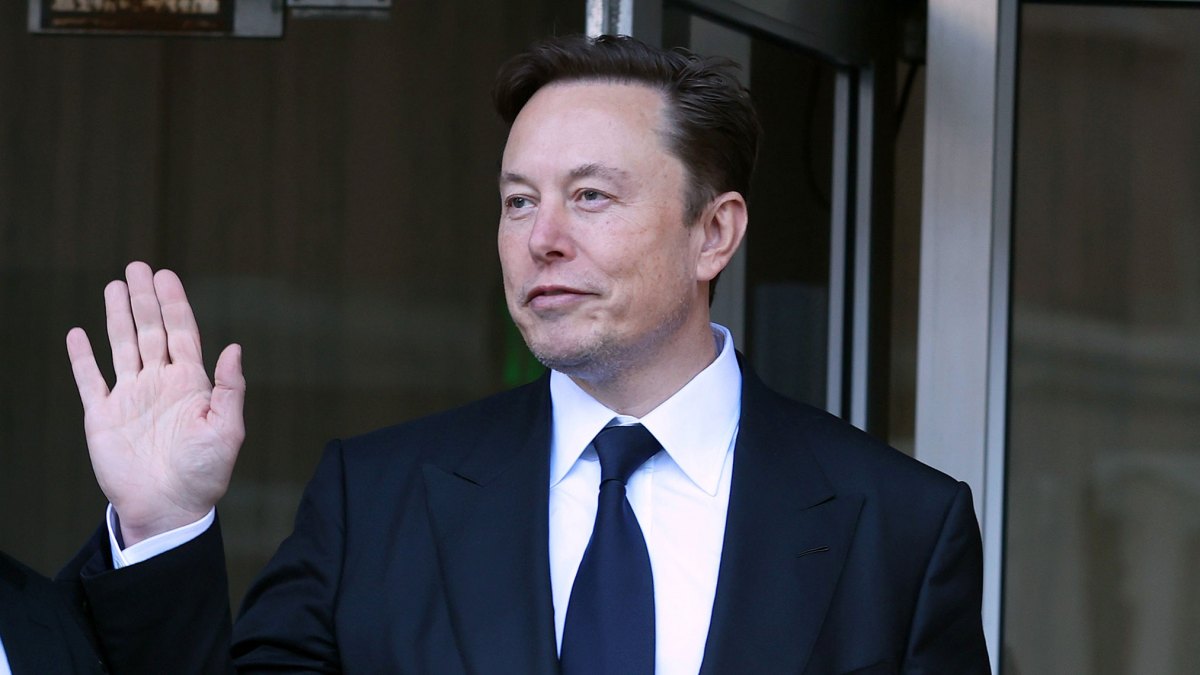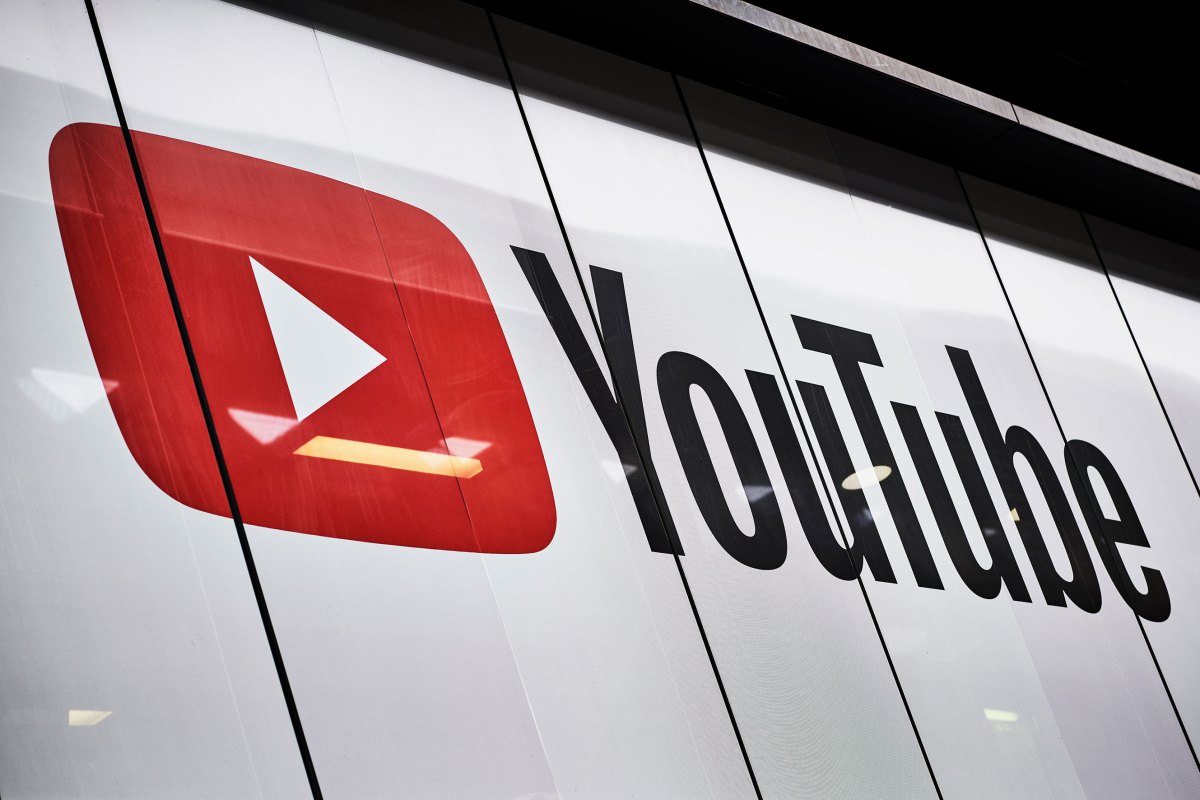Mainstream social media sites systems can experience limitations on their capability to remove private writing that breaches their conditions under a plan conceded through European Association legislators last night.
In a ballot Tuesday, the International assemblage established its own negotiating setting for upcoming speaks along with the Authorities on the bloc’s allotment Media Flexibility Action — taking purpose at what MEPs referred to as “random selections through large systems”.
The content fostered through MEPs increases on the International Payment’s initial proposition through laying out a demand for much larger systems (thus referred to as large internet systems, or even VLOPs, along with greater than 45M local energetic month to month customers) to offer media companies a heads-up of an intended put-down of their information — offering twenty four hours for all of them to respond to the arguments just before any type of constraint or even revocation is actually enforced.
The initial Payment content just recommends these systems to look at flexibility as well as pluralism of media, take action carefully as well as be actually straightforward when they work out content task — i.e. through removing writing they view as irreconcilable along with their conditions — and afterwards, after the reality, give an illustration of their activities to media provider “as very early as achievable”.
“To make sure that information small amounts selections through large internet systems perform certainly not adversely influence media flexibility, MEPs require the production of a system to deal with satisfied put-down purchases,” the assemblage recorded a news release. “Depending on to MEPs, systems must to begin with refine statements to identify private media coming from non-independent resources. Media must after that be actually informed of the system’s intent to remove or even restrain their information along with a 24-hour home window for the media to react. If hereafter duration the system still takes into consideration the media information falls short to adhere to its own conditions, they can easily wage deleting, restraining or even recommending the instance to nationwide regulatory authorities to take the decision immediately. Having said that, if the media carrier takes into consideration that the system’s choice performs certainly not possess enough reasons as well as threatens media flexibility, they possess correct to carry the instance to an out-of-court disagreement negotiation physical body.”
In the upcoming trilogue talks including the Payment, the bloc’s co-legislators, the assemblage as well as the Authorities, will certainly need to have to work out to locate a trade-off on a last content so the design of the legislation is actually certainly not taken care of in rock however. And also it stays to become viewed whether the legislators’ require the Action to go even further in guarding media coming from random selections through much larger systems stands up or even drops.
The assemblage ballot was actually a reasonably significant one for the modified report — along with 448 enact favor vs 102 versus (as well as 75 abstentions).
The Payment designed the Media Flexibility Action back in September 2022. The bloc’s legislators say regulation is actually required to secure media pluralism as well as freedom in the contemporary time taking into account an assortment of developing tensions on the industries — featuring relative to the electronic makeover of the media field.
Since then it’s decent to claim our experts’ve viewed a surge in strongly apparent random selections, following Elon Odor’s requisition of Twitter (right now X). In 2013, the billionaire proprietor of the social media sites system prohibited an amount of reporters that had actually discussed him — as it appeared considering that he was actually dissatisfied they had actually disclosed on a profile that twittered update the place of his personal plane. That activity made him a speedy rebuke coming from the EU, which called the random revocations “fretting” — aiming back to the Media Flexibility Serve as being actually meant to bolster the bloc’s defenses for media as well as basic civil rights in such situations.
The public rebuke didn’t cease Odor. He has actually remained to target conventional media throughout his irregular kip down cost of X, declaring a strategy to cease featuring headings on newspaper article this summer months, for instance (likely along with his eye on making an effort to dodge producing copyright repayments to headlines authors for featuring fragments of their information); as well as choking the lots opportunity of hyperlinks on the system to New york city Moments as well as News agency short articles, in addition to to completing socials media.
Prior to Odor, tradition Twitter likewise possessed a few of its very own confrontations along with the media, naturally. Including its own debatable choice 3 years ago to obstruct the sharing of hyperlinks or even pictures connected to a The big apple Message write-up regarding stated e-mails through Seeker Biden discovered on a laptop computer — which baited to it modifying its own hacked component plan. Facebook likewise limited sharing of the Seeker Biden laptop pc tale each time when problems regarding disinformation targeting the United States political elections were actually using higher.
But Musk’s actions at the helm of Twitter/X vis-a-vis journalists and media firms have seemed far more arbitrary and/or driven by a personal dislike of traditional media. That dislike, combined with apparently limitless resources to spend on taking arbitrary actions regardless of if they harm user trust and advertiser confidence, doesn’t bode well for access to independent journalism on X. So the bloc’s legislative move looks timely. Albeit, whether the planned law will prove effective at reining in Musk is another matter.
X under Musk is charting a reckless collision course with the EU over the Digital Services Act (DSA), the confirmed pan-EU law which designates the aforementioned VLOPs — regulating how these larger platforms (including X) should respond to reports of illegal content and other issues, as well as obligating them to assess and mitigate systemic risks like disinformation.
Musk’s response to this existing pan-EU law — which carries penalties of up to 6% of global annual turnover for breaches, and even the risk of a service being blocked in the region — has so far summed to him thumbing his nose at regulators. Examples include Musk slashing headcount in key areas including content moderation, trust & safety and election integrity; ending policy enforcements on COVID-19 disinformation; removing certain mainstream disinformation reporting tools for users; and pulling the platform out of the bloc’s Disinformation Code (which is linked to DSA compliance).
Musk is also fond of posting/amplifying disinformation and conspiracy theories himself. And has encouraged hateful follower pile-ons of people he takes a dislike to, including the former Twitter head of trust & safety, Yoel Roth. (Or, more recently, a California man who is suing him for defamation — accusing Musk of spreading false claims about him.)
So whether an adjunct to the existing EU content moderation law can convince Musk to bend to the bloc’s rulebook looks questionable. Although reining in Big Tech’s most erratic and deep-pocketed chief is likely to be a regulatory marathon (grit, stamina, strategy etc), not a sprint.
Major platforms, meanwhile, generally remain opposed to the parliament’s proposal to give media firms notice of takedowns of content which violates their T&Cs. Yet of course tech platforms aren’t renowned for backing checks on platform power.
Following yesterday’s vote by MEPs to affirm their negotiating mandate on the Media Freedom Act, Big Tech lobby organization, the Computer & Communications Industry Association (CCIA), hit out at the “media exemption” — framing it as “controversial” as well as claiming the provision risks enabling rogue actors to spread disinformation. “This is a major setback in the fight against disinformation,” claimed CCIA Europe’s senior policy manager, Mathilde Adjutor, in a statement. “The media exemption is going to empower rogue actors, creating new loopholes to spread fake news rather than fixing anything. We can easily only hope this disinformation loophole will certainly be actually shut throughout the trilogue settlements in between the EU organizations.”




